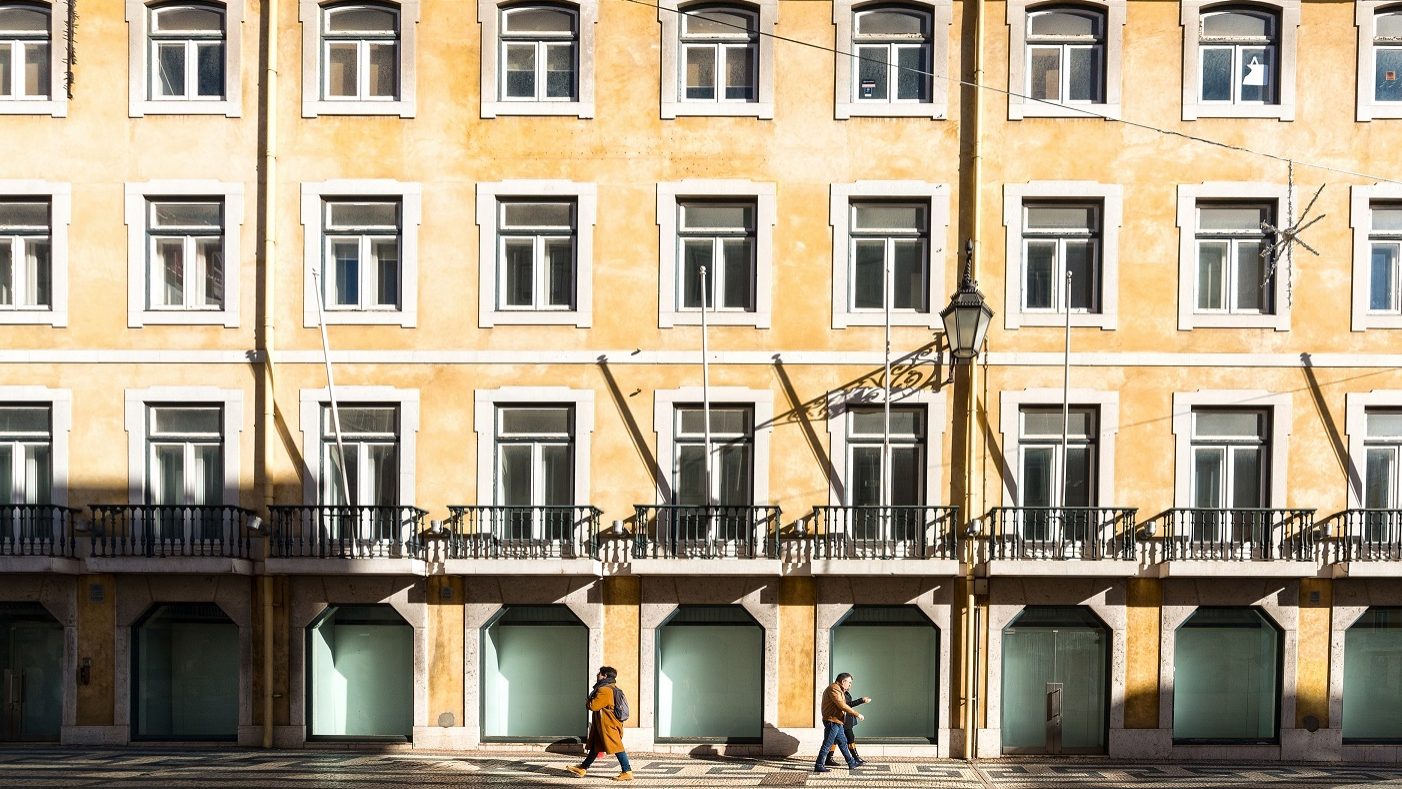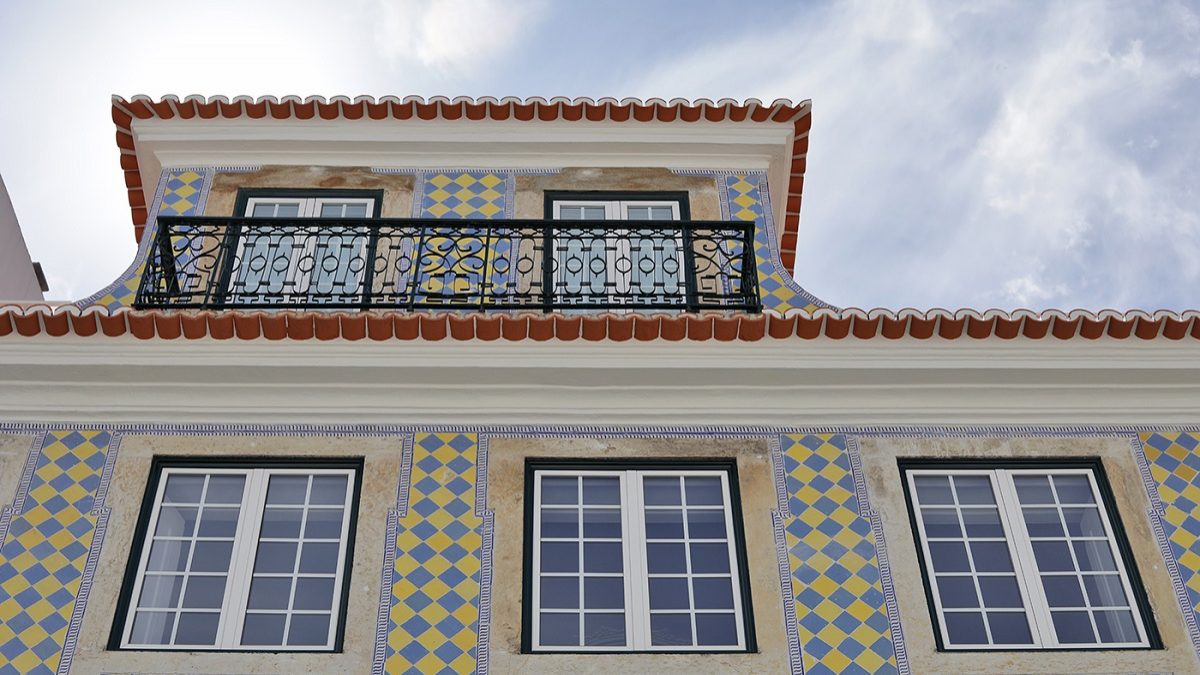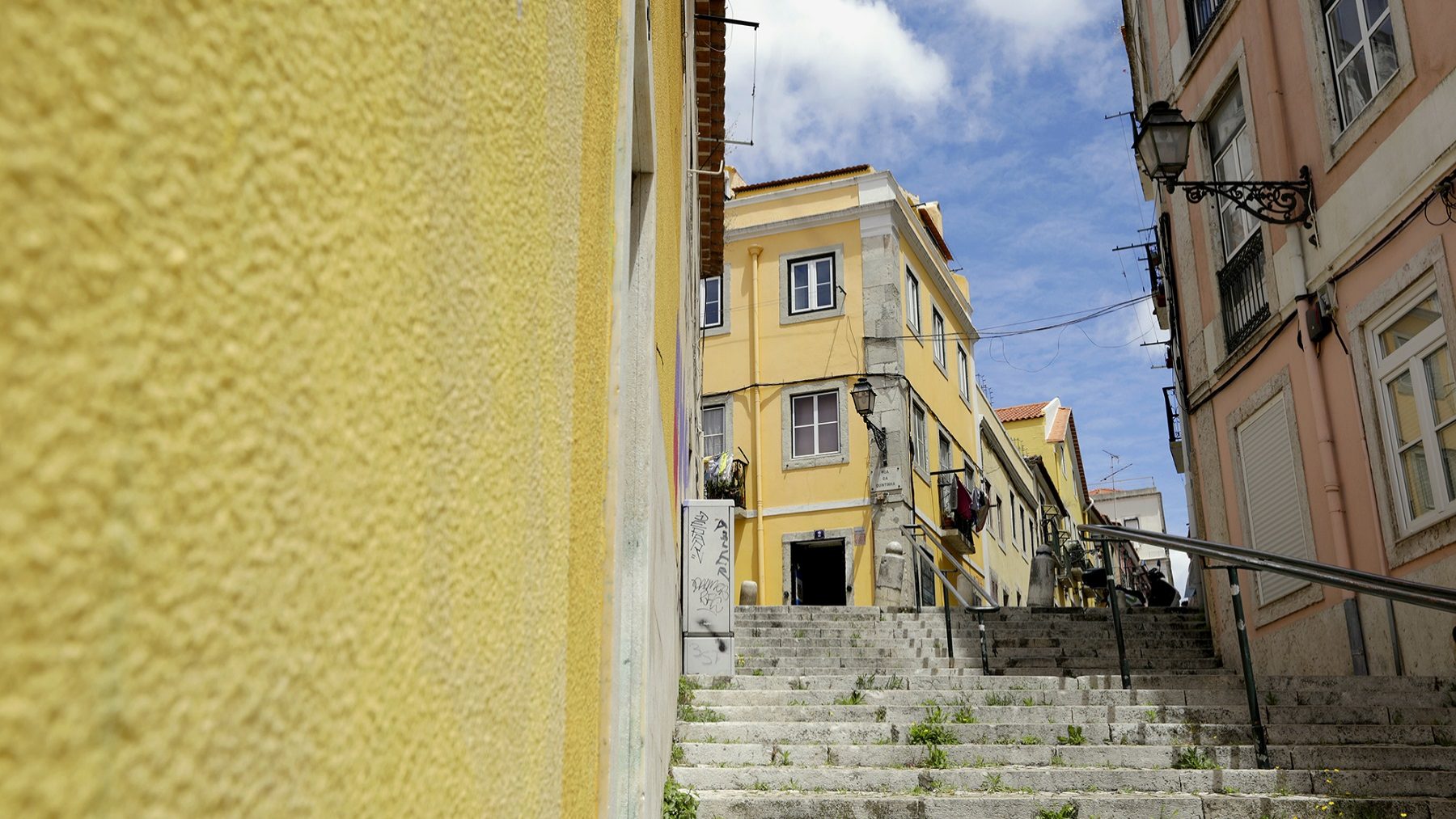Real estate speculation makes PSD and BE propose two amendments in property taxation for the State Budget 2019
The Portuguese real estate market is boosting, spiking the debate about real estate speculation. As we approach the final voting round of the State Budget, BE and PSD have put the issue on the table.
With the rising interest from abroad in the Portuguese real estate market, and the increasing prices per square meter in the main cities in the country, the concern on real estate speculation is deemed to be relevant. And it was on the agenda of two parties when presenting their amendments to the State Budget for 2019 last week: the Left Party (BE) and the Social Democrats (PSD).
It has been a couple of months since the real estate speculation debate backfired on the Left Bloc: Ricardo Robles, who advocated against the real estate bubble in Portugal, got caught up in the issue himself the media found out his involvement in a possible deal which would raise the value of a building he bought with his sister from €347,000 to €5.7m.
Opinions vary, between those who believe it is not a risky behaviour to speculate and those who believe this might make all the landmark and historic buildings disappear.
Now, as the final voting round on the Portuguese State Budget for 2019 approaches, there have been new proposals addressing the issue of speculation: from the Social Democrats (PSD), and the Left Bloc (BE). In total, last week, the Portuguese parties presented 993 amendment proposals on the State Budget.
More than 100 proposals were presented by the Social Democrats (PSD) party, one of which aims at stopping the issue of real estate speculation:
“We propose a different taxation, which will take into account the amount of time the property has been owned“. Rui Rio, the party leader, had already said in September this year, it would be highly likely that PSD would put forward an initiative like this, having had a positive reaction from the National Property Association’s president, António Frias Marques, who told Lusa news agency at the time that he was in “absolute agreement” with that proposal.
The National Property Association leader also said then, that there was “no doubt that there should be a stop button to the possibility of foreign investment(…) as we know from former experience those who end up paying for the real estate bubble are the citizens themselves”.
The proposal presented last Friday will protect those which have been property owners for more than 15 years, with the goal of benefiting families which have lived in these properties for longer with a tax reduction on real estate capital gains, if these decide to sell; for those with 30 years+ ownership, the party wants a tax exemption.
As for companies, PSD proposed the opposite: those which are focused on the purchase and sale of properties “have the clear goal of selling it, and as such, if they do so in less than a year, the tax exemption will be maintained” Duarte Pacheco, PSD’s MP, explained. If the company does not sell the property within three years, then they lose the tax exemption and the tax will be applied on the totality of the capital gain, as predicted currently by law.
PSD proposes that in the first year, there is tax exemption, the second year there is a tax on 25% of the capital gain, and applied to 50% of the capital gain if sold within three years.
The Left Bloc wants to continue advocating against the issue of speculation and has also proposed more limitations on the matter:
The proposal had also been announced by the party leader Catarina Martins, in September this year, who wants this to continue to be a priority for the Left party: it aimed at bolstering investment in urban renewal and promoting the purchase of “property which stands close to its real valuation”. In order to do so, the Left party is proposing a model which is going to be applied both to the IRC (corporate tax) and the IRS (income tax) while also envisioning to target property funds and companies with offshore headquarters.
Under the current framework, in the case of individuals who reside in Portugal, it is compulsory to insert the profit generated by the property sale in the income tax (IRS) declaration, and in terms of the applicable taxation, only 50% of the profit on the sale is considered. The maximum tax that can be applied is 24%, and as for non-residents, there is an autonomous 28% tax on the totality of the capital gain. As for companies, the profit obtained with the sale of the estate is subject to a fixed 21% tax. For companies, only 50% of the profit of the sale is considered, provided that the profits are reinvested totally or partially up until the second period of taxation. Property funds are taxed at the income source, with the capital gains being subject as well to a 21% tax.
The Left Bloc proposed that the profits for individuals should be divided into two parts: those that have been achieved through the rehabilitation of the property, taxation should only target 40% of the capital gain in terms of IRS. As for the rest, the capital gain will be considered, in a decreasing percentage, dependent on the time of ownership of the property in question:
- Up to 1 year: 75% of the capital gain
- 1 to 2 years: 74% of the capital gain
- 2 to 3 years: 73% of the capital gain
- 3 to 4 years: 72% of the capital gain
- 4 to 5 years: 70% of the capital gain
- 5 to 6 years: 68% of the capital gain
- 6 to 7 years: 66% of the capital gain
- 7 to 8 years: 63% of the capital gain
- 8 to 9 years: 60% of the capital gain
- 9 to 10 years: 57% of the capital gain
- 10 to 11 years: 54% of the capital gain
- 11 to 12 years: 51% of the capital gain
With these progressive measures, the Left Party is trying to demotivate those who want to keep the property for longer, in order to profit on fewer taxes from one period to another.
The proposal is also planning to give exemption to profits in transactions made exclusively by individuals for housing purposes, provided that the profits are reinvested for the same purpose, either partially or totally, in 24 months before to 36 months after the transaction occurs.
It also predicts specific measures for non-residents: up to half of the capital gains for cases involving the rehabilitation of the property (in the last 12 years) are subject to a 28% tax; other cases will be subject to a 33% tax, to be applied on the total of the capital gains.
For individuals based offshore, there is an autonomous tax of 35% on the total of the capital gain.
BE also proposes an additional tax for companies:
The additional tax will be targetting the “difference between the sale value and the purchase value”, deducing the expenses with the purchase and the sale, and 1.5% of the value of the expenses with the valuation of the property, if done in the last 12 years.
The party maintains the current mechanisms applied to companies but puts an additional tax on the table: which will not be applied if the profit value is partially or totally reinvested until the end of the second taxation period after the property was sold.
It will also grow in relation to the time of ownership of the property in question. If the company sells the company in less than a year, it will pay a 9% tax on their capital gains; 1 to 2 years – 8.5%, 2 to 3 years – 8%, 3 to 4 years – 7.5%, 4 to 5 years 7%, 5 to 6 years – 6.5%, 6 to 7 years – 5.5%, 7 to 8 years – 4.5%, 8 to 9 years – 3.5%, 9 to 10 years – 2.5%, 10 to 11 years – 1.5%, and 11 to 12 years – 0.5%.
As for the offshore, all taxes are increased by 50%. Property funds are also subject to the additional tax but “if the sale was done at a price that reflects a profit of up until 50% of the invested value in its valuation, there is no additional tax”.




